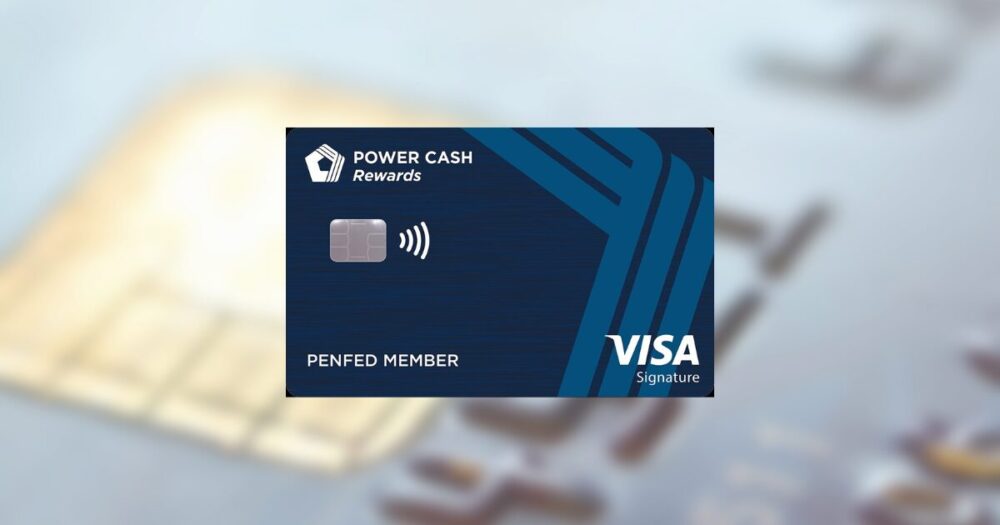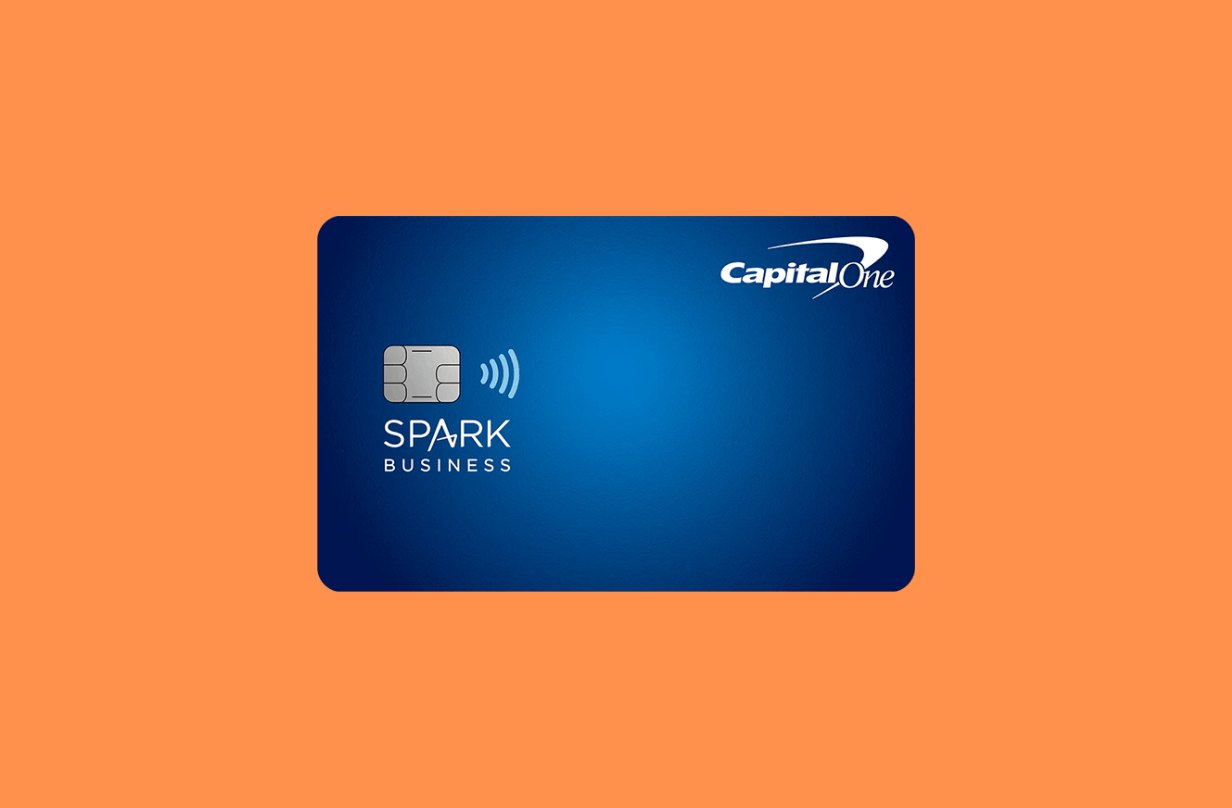The Role of Credit Cards in Building a Solid Credit History

The Importance of Building a Solid Credit History
In the intricate landscape of today’s economy, the significance of establishing a solid credit history cannot be overstated. With over 190 million credit card users in the United States alone, credit cards have become a quintessential tool for consumers seeking to enhance their financial credibility. By grasping the intricacies of how credit cards work, individuals can embark on their financial journeys with greater assurance and insight.
Credit cards offer several compelling advantages. Firstly, convenience plays a pivotal role. They provide easy access to funds for everyday purchases—whether it’s filling up your gas tank, buying groceries, or even shopping online. With a simple swipe or click, consumers can secure their transactions without the need for cash. This ease of use extends beyond personal convenience; many merchants prefer credit card payments, which can help consumers avoid the hassle of carrying cash.
Additionally, credit cards serve as emergency funds. They provide a vital safety net during unexpected financial challenges, such as medical emergencies or urgent car repairs. For example, suppose your car breaks down unexpectedly. Instead of scrambling to find an immediate source of funds, a credit card allows you to address the issue right away, without putting a strain on your existing cash flow.
Yet, one of the most significant benefits of responsible credit card use is its ability to build credit. Regular usage, when managed carefully, can contribute positively to your credit report. This is crucial because a robust credit history makes you a more attractive candidate for loans and other forms of credit in the future, enabling significant purchases like a home or a vehicle.
Moreover, timely payments can lead to a boosted credit score. Each on-time payment is a notch of reliability on your credit report, reinforcing your financial trustworthiness in the eyes of lenders. Having a diverse credit mix, which could include a combination of installment loans and revolving credit like credit cards, can further enhance your credit profile, demonstrating your ability to manage various types of credit.
Credit cards frequently come with various rewards programs, offering points, cash back, or travel benefits. For instance, some cards provide 1.5% cash back on all purchases, while others offer double points on dining and travel expenses. This means that responsible credit card use can lead to tangible benefits, turning routine spending into opportunities for savings or travel experiences.
However, these benefits are accompanied by essential responsibilities. Failing to manage credit cards wisely can result in spiraling debt and a damaged credit score. Understanding your financial habits and strategies for using credit responsibly is critical. For example, it is beneficial to set a monthly budget and ensure that credit card balances are paid in full each month to avoid interest charges.
As we delve deeper into the realm of credit and financial management, you’ll uncover strategies and insights that can pave the way for transforming your credit card use into a powerful vehicle for financial empowerment. This journey not only builds your credit history but also nurtures your overall financial acumen, paving the way for a secure and prosperous future.
DISCOVER MORE: Click here to enhance your skincare routine
Understanding the Mechanics of Credit Cards
To harness the benefits of credit cards effectively, it is essential to grasp their mechanics and the impact they have on your credit history. Credit cards function as revolving credit facilities, allowing you to borrow a specific amount, known as your credit limit, and repay it over time. Each time you make a purchase using a credit card, the amount is deducted from your available credit, and you are responsible for repaying this amount, along with any applicable interest, by the end of the billing cycle.
The credit utilization ratio—defined as the amount of credit used compared to the total available credit—plays a crucial role in determining your credit score. A ratio below 30% is often recommended for optimal credit health. For instance, if you have a credit limit of $10,000, it is advisable to keep your balance under $3,000 for improved creditworthiness. High credit utilization can signal financial stress to lenders and result in a lower credit score.
Another pivotal aspect of credit card use is the payment history. It accounts for a significant portion of your credit score—indicating to lenders your reliability in repaying borrowed money. Making consistent, on-time payments not only boosts your credit score but also showcases your financial discipline. For example, setting up automatic payments or reminders can mitigate the risk of late payments, ensuring that you maintain a positive credit history.
Credit cards also provide the opportunity to diversify your credit profile. Lenders assess your ability to manage different forms of credit, including loans and credit cards. A well-rounded credit history can enhance your score, as it demonstrates your capability to handle various credit products responsibly. Engaging in a mix of credit types signals to lenders that you are a competent borrower, capable of managing your debts effectively.
- Timely Payments: Always pay at least the minimum amount due to avoid late fees and adverse impacts on your credit score.
- Low Credit Utilization: Aim to use less than 30% of your available credit to maintain a healthy credit utilization ratio.
- Diverse Credit Mix: Consider having different types of credit, such as loans and lines of credit, in addition to your credit card.
Furthermore, credit cards often come with additional features that can foster good financial habits. Many issuers provide tools to track spending, categorize expenses, and even offer education programs to promote financial literacy among users. Utilizing these resources can empower consumers to make informed decisions and stay on top of their finances.
Ultimately, understanding the role of credit cards in building and maintaining a solid credit history is imperative for anyone looking to navigate the financial landscape. By employing effective strategies for credit management, individuals can not only boost their credit scores but also lay the foundation for long-term financial success and stability. As we continue exploring this topic, you will discover actionable steps to effectively leverage your credit cards for a flourishing financial future.
DIVE DEEPER: Click here to discover your nighttime self-care routine
The Benefits Beyond Credit Scores
While credit scores frequently dominate discussions surrounding credit cards, these financial tools offer benefits that extend far beyond just maintaining good credit. Understanding these advantages can empower consumers to make informed decisions that enhance their financial security and overall quality of life.
One of the notable perks of credit cards is reward programs. Many credit cards provide cash back, points, or miles on purchases, allowing cardholders to earn benefits simply for using their cards. For example, a popular cash-back card might offer 1.5% cash back on all purchases, while specific categories, like groceries or gas, could yield as much as 5% cash back. This can result in significant savings over time—especially for those who regularly use their card for day-to-day expenses. These rewards often translate into actual financial benefits that can cushion your expenses or contribute to future investments.
Additionally, some credit cards offer insurance policies and protections that can significantly enhance consumer safety. Travel insurance, purchase protection, and extended warranties are just a few examples of the benefits frequently bundled with credit cards. For instance, if a new laptop purchased with a credit card gets damaged, some cards provide coverage for repairs or replacement. This layer of protection increases the value of using credit cards compared to other payment methods, such as cash or debit, where such protections are generally not available.
Moreover, utilizing credit cards responsibly can help break down barriers for certain demographic groups. Consider young adults or newcomers to the United States who may have limited or no credit history. Secured credit cards are an accessible method for these individuals to start building credit. These cards require a security deposit that serves as the cardholder’s credit limit, reducing the lender’s risk while helping consumers establish a positive payment history. This pathway allows them to become viable candidates for other forms of credit in the future.
The Role of Credit Cards in Emergencies
Another critical aspect of credit cards is their utility in emergencies. Life is unpredictable, and unexpected expenses—like medical bills or urgent home repairs—can arise at any moment. Having a credit card provides a safety net that can be leveraged when cash flow becomes tight. For instance, if a car breaks down unexpectedly, emergency credit can cover repairs until funds become available, preventing the need to resort to high-interest payday loans or borrowing from family and friends.
Furthermore, many credit card issuers offer financial management tools that empower users to track their spending and budget effectively. In the digital age, budgeting apps integrated with credit card accounts enable real-time updates on spending habits, helping individuals curb excessive spending and develop healthier financial habits. Features such as transaction alerts can assist consumers in keeping their spending in check, while detailed categorization aids in identifying where money is going each month.
Ultimately, credit cards go beyond simply facilitating purchases or borrowing; they can serve as a vehicle to enhance financial literacy, protect assets, and build a robust financial identity. By understanding and leveraging the myriad benefits of credit cards, consumers can navigate their financial journeys with greater confidence and security. As we dive deeper into this discussion, addressing the pitfalls of credit card usage and effective management techniques will illuminate the path toward financial wellness.
DISCOVER MORE: Click here to learn how to cleanse your skin at home
Conclusion
The multifaceted role of credit cards in building a solid credit history is undeniable. As explored throughout this discussion, credit cards serve not only as tools for making purchases but also as instruments for enhancing one’s financial standing. Responsible usage can lead to a strong credit score, opening doors to better financial opportunities, such as favorable loan terms and potential home ownership.
Utilizing reward programs, accessing valuable protections, and establishing credit through secured options create a pathway for consumers to reap significant benefits. Furthermore, the protection against unforeseen emergencies and access to robust financial management tools equip individuals with the means to take charge of their financial health. These features make credit cards powerful allies in the journey toward achieving financial stability.
However, it is imperative to approach credit card usage with a well-informed strategy. Understanding the potential pitfalls, such as accruing debt and high-interest rates, is equally crucial. By marrying the advantages of credit cards with sound financial practices—like timely payments and budgeting—consumers can fully harness their potential.
In an increasingly credit-driven world, a solid credit history is more than just a score; it is a vital foundation for future financial aspirations. As consumers empower themselves with knowledge, they can transform credit card use from a mere financial tool into a significant asset in building a secure and prosperous future.


